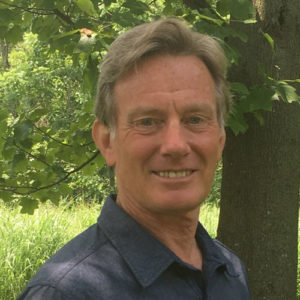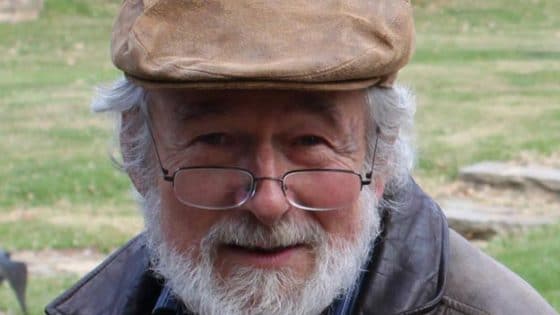 Research Scientist Emeritus
Research Scientist Emeritus
- Affiliate Faculty, Delaware Environmental Institute, University of Delaware
Contact
lakaplan@stroudcenter.org
970 Spencer Road, Avondale, PA 19311
Interests and Expertise
Dissolved organic matter biogeochemistry, aquatic microbial ecology, and nutrient cycling.
Education
- Ph.D., Biology (Limnology), University of Pennsylvania, Philadelphia, Pennsylvania.
- M.S., Ecology, University of California, Davis, California.
- B.A., Environmental Sciences, Franklin and Marshall College, Lancaster, Pennsylvania.
Professional Experience
- Research Scientist Emeritus, Stroud Water Research Center, 2018–present.
- Director, Ecosystem Science Cluster, Division of Environmental Science, National Science Foundation, 2015–2018.
- Senior Research Scientist, Stroud Water Research Center, 1999–2017.
- Curator, Division of Environmental Research, Stroud Water Research Center, Academy of Natural Sciences of Philadelphia, 1996–1999.
- Assistant Curator, Division of Environmental Research, Stroud Water Research Center, Academy of Natural Sciences of Philadelphia, 1988–1992.
- Research Associate, Division of Environmental Research, Stroud Water Research Center, Academy of Natural Sciences of Philadelphia, 1980–1988.
- Post Graduate Research Scientist III, University of California, Davis, California, 1974–1975.
Publications
Biophysical controls on organic carbon fluxes in fluvial networks
Battin, T.J., L.A. Kaplan, S. Findlay, C.S. Hopkinson, E. Marti, A.I. Packman, J.D. Newbold, and F. Sabater. 2008. Nature Geoscience 1:95–100.
Protecting headwaters: the scientific basis for safeguarding stream and river ecosystems
Kaplan, L.A., T.L. Bott, J.K. Jackson, J.D. Newbold, and B.W. Sweeney. 2008. Research synthesis from Stroud Water Research Center, Avondale, Pennsylvania.
Adams, S., L.A. Kaplan, and E. Ritchie. 2008. Proceedings of the Water Environment Federation WEFTEC 2008:2828-2829.
Kratzer, E.B., J.K. Jackson, D.B. Arscott, A.K. Aufdenkampe, C.L. Dow, L.A. Kaplan, J.D. Newbold, and B.W. Sweeney. 2006. Journal of the North American Benthological Society 25:954–976.
Organic matter transport in New York City drinking-water-supply watersheds
Kaplan, L.A., J.D. Newbold, D.J. Van Horn, C.L. Dow, A.K. Aufdenkampe, and J.K. Jackson. 2006. Journal of the North American Benthological Society 25:912–927.
See all publications by Stroud Center authors
Related News
UpStream Newsletter, Spring 2011
Two weeks into their work in Papua New Guinea, Dr. Anthony Aufdenkampe and his colleagues had already surveyed more than 600 miles of remote jungle rivers.
NSF Funds Study of Landscape Restoration Effects on Stream
A study of the long-term impacts on streams after landscape restoration has never been done before. The grant will provide the needed funding to do so.
UpStream Newsletter, Summer 2010
The Stroud Center has been recording daily, monthly, seasonal, annual — and even multiyear data — in Costa Rica to gain insights on climate change.
To assist with a legal decision regarding the jurisdictional determination of a wetland dredge and fill permit, Stroud Water Research scientists studied and characterized the hydrological, chemical, and biological linkages
Connecting the Hydrologic Cycle From Hillslopes to River Networks
This collaborative research will generate the first model that links the water and carbon cycles of river catchments by focusing on the interactions of water movement and organic carbon in
This project addresses long-term changes in a stream ecosystem in southeastern Pennsylvania to evaluate best management practices for riparian or streamside lands and provide a time frame for ecosystem recovery



